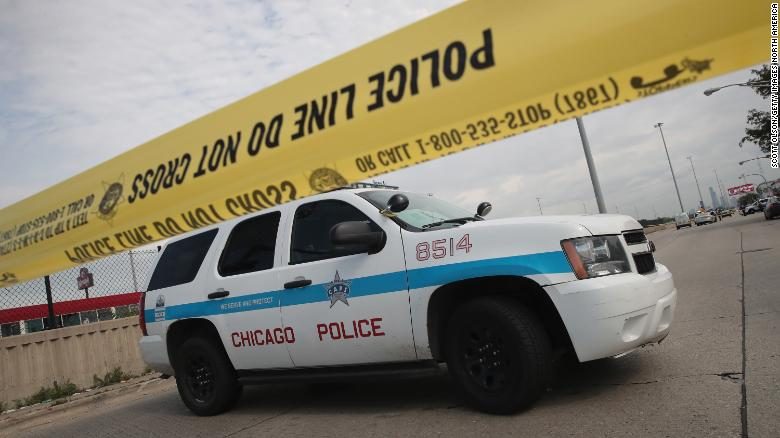The City of Chicago is phasing out a widely used police sidearm, the Sig Sauer P320, following reports of the weapon unintentionally discharging. The decision has drawn backlash from rank-and-file officers and raised questions about the city’s responsibility to provide financial support for firearm replacements. Former Chicago Police officer and private investigator Paul Huebl joined Chicago’s Morning Answer with Amy Jacobson and John Anthony to break down the controversy.
The directive means that officers can no longer carry the Sig P320 on duty—whether as a primary or secondary weapon—after reports that it may fire when dropped or during physical confrontations without the trigger being pulled. The Fraternal Order of Police (FOP) estimates that over 1,600 Chicago officers are currently using the P320, making the issue both a safety concern and a logistical nightmare.
Huebl, a veteran detective and firearms expert, noted that while Sig Sauer is a respected manufacturer and the P320 passed U.S. military testing, reports of spontaneous discharges in the field have forced police departments nationwide to reconsider its use. “The gun has performed well in testing, but there have been cases where it discharged in a holster during a struggle, and that’s a serious red flag,” he said.
Sig Sauer, for its part, has attributed incidents to user error and declined to issue a full recall, instead offering what it calls an “upgrade”—a term Huebl says is code for a quiet acknowledgment that something might be wrong.
Chicago FOP President John Catanzara has pushed the city to reimburse officers up to $1,000 for replacing the firearm, including the cost of holsters and magazines. So far, however, the city has not announced any formal plan to do so. “Management-Labor Affairs was given a proposal to make officers whole, but nothing’s moving,” Catanzara said in a separate statement. Huebl warned the city could be opening itself up to legal liability if it doesn’t act swiftly. “If the city refuses to replace these weapons and someone gets injured, the damages could be astronomical,” he said.
Adding to the tension is the reality that Chicago’s finances remain stretched. “It would cost the city over a million dollars to fully replace these weapons,” Huebl said. “But the cost of inaction could be far greater.”
The issue also highlighted broader frustrations between officers and City Hall, with Huebl recalling past incidents where law enforcement responded with what’s colloquially known as the “blue flu”—coordinated sick calls used by officers to protest policy changes when strikes are not legally permitted.
Beyond policing, the interview also touched on Huebl’s experience in the entertainment industry and his take on the Alec Baldwin shooting on the set of Rust. Huebl, who has served as a gun wrangler for stage productions, said the tragedy stemmed from multiple failures in safety protocols. “Alec Baldwin violated one of the cardinal rules—never point a gun at someone unless you intend to shoot. And he didn’t inspect the weapon himself, which is inexcusable,” Huebl said. He also criticized the film’s armorer, who was later convicted, saying, “She absolutely belongs in jail for her negligence.”
Turning back to Chicago, Huebl stressed that the administration must act quickly to resolve the gun issue before a serious injury or worse occurs. “The P320 might not be a defective weapon across the board, but if there’s enough concern to ban it, then you need to replace it—and you need to do it now.”
As Mayor Brandon Johnson’s office remains silent on a reimbursement plan, the tension between City Hall and its police force continues to mount. In the meantime, hundreds of officers are left to scramble for replacement sidearms at their own expense—yet another flashpoint in a city already struggling with morale and recruitment in its police department.
For updates on this developing story, stay tuned to AM560 and wirepoints.org.





